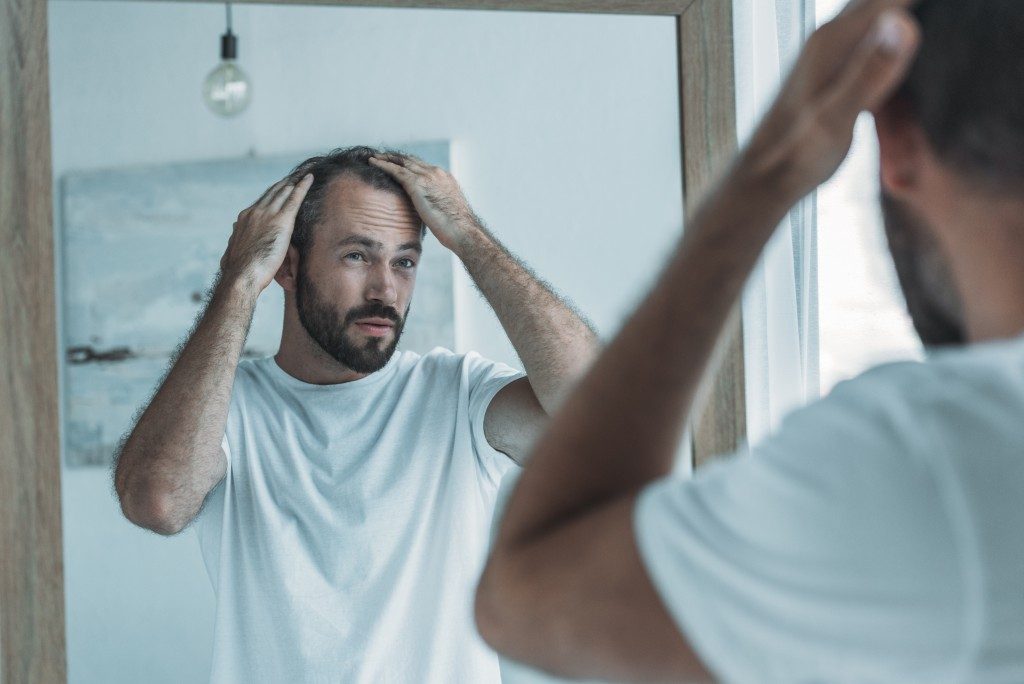Losing a bit of hair on a daily basis is normal. However, if you notice that you’re losing more hair than usual, it can be worrisome. There’s a variety of reasons why this could be happening, and it’s best to consult with a doctor to properly assess your condition. In the meantime, here’s a list of some possible causes to consider and what you can do about it.
Pregnancy
After giving birth to a child, it’s quite common to experience excessive hair loss due to a decrease in estrogen levels. Thankfully, this is only a temporary condition and will usually resolve by itself in around a year or even sooner. You can help your hair return to its normal and healthy condition by avoiding conditioning shampoos or intensive conditions and using a volumizing shampoo and conditioner instead. There are also effective shampoos specifically for hair loss in the Philippines that you can use to stimulate your hair’s natural growth.
Medications
There are certain medications that have hair fall as a side effect. The following are just some medications that may induce this:
- Accutane
- Beta-blockers
- Cholesterol-lowering drugs
- Blood thinners
- Antidepressants
If you’re taking any of the medicines listed above, this may be the reason behind your excessive hair fall symptoms. It’s recommended that you see the doctor who prescribed you these medications for an assessment. They may be able to adjust the dosage or switch you over to another medication.
Nutrient Deficiencies
A recent change in diet may cause excessive hair fall. Extreme diets that are lacking in vitamins like iron and protein can induce hair loss. If you’ve recently changed up your eating habits, you might want to incorporate more protein and nutrient-rich food into your diet. You can also visit a doctor so they can perform a blood test on you. This will reveal whether or not you have a nutritional deficiency that could be causing your hair to fall out.
 Oral Contraceptives
Oral Contraceptives
Birth control pills may cause hair loss while you’re taking them or several weeks or months after you stop taking them. Opt for a birth control pill that has a low androgen index, unless your OB-GYN physician prescribes you something else. This may significantly lower your risk for hair loss. Birth control pills like Desogen, Ortho-Cyclen, and Ortho-Cept have a lower androgen index, while Loestrin and Ovral have a higher androgen index. Besides pills, other types of birth control can also affect your hormones and cause hair loss, such as skin patches and implants. If you have an increased risk of genetic hair loss, it’s recommended that you choose a non-hormonal type of birth control instead.
Ringworms
Ringworms are a fungal infection that causes hair loss. They can be found on the scalp and can cause temporary baldness on certain areas of the head. You might have this if you notice a small spot on your head that continues to get bigger and causes scaly, bald patches of skin. Other symptoms include oozing blisters, ring-like patches, brittle hair, and itchy, red patches of skin on the scalp. Antifungal medicine or antibiotics may cure ringworm.
These are just some of the most common causes of hair loss that aren’t genetic. You can always consult with a doctor for a second opinion.
